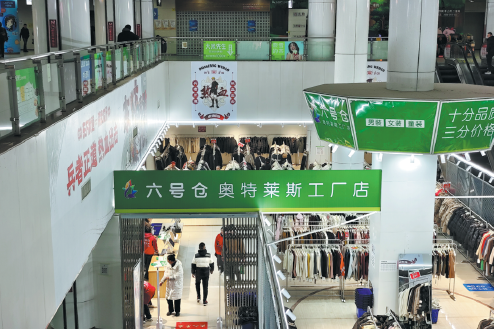Mercer considers China expansion

Mercer, the world's leading human resources consulting company, is planning to expand its China business by up to three times in less than five years and better serve as a bridge between talents and enterprises - partly in response to the fact that people are changing careers more frequently due to the rapid development of industrialization, digitalization and artificial intelligence.
"Over the next three to five years, we would like to be two and a half to three times the size we are right now ... we are still very positive on what we think we can do in China, so we continue to invest, continue to do different things that would be helpful," said Julio Portalatin, president and chief executive officer of Mercer.
As one of the most important markets for Mercer, China has outpaced other markets in growth. Portalatin said he is confident of Mercer's development because the company has laid a solid foundation for accelerated growth. "We see the China market continue to evolve, continue to grow, continue to give us opportunity for the future," he added.
According to Portalatin, the world's ongoing fourth industrial revolution along with Made in China 2025 will quicken the process of job replacement. Many of the jobs people are doing now didn't exist decades ago, and new jobs will replace what they are doing now in coming years at an even faster speed.
During the World Economic Forum 2016, it was estimated that within five years, more than one-third of skills that were considered important in today's workforce will have changed.
"Things will probably never be slower than they are today," he said.
China is going to make technologies including AI, digitalization, 3D printing and wearables rapidly integrate into the working environment, presenting Mercer greater opportunities in the fields of innovative manufacturing, quality and green development, optimizing industrial structure and nurturing talents.
The changes will affect both employees and employers, requiring both of them to get prepared for the future, and highlighting the importance of professional service providers in talent sectors, Portalatin added.
A McKinsey report predicted that 400 million to 800 million workers could be displaced by automation by 2030 and will need to find their way into new jobs. For China, this trend is a big challenge as it has the largest number of workers needing to switch occupations - up to 100 million if automation is adopted rapidly, or 12 percent of the 2030 workforce, the report added.
Although lower demand for medium and low-skilled workers will see the most impact, Portalatin believed AI is going to be a job displacer rather than a job eliminator.



































